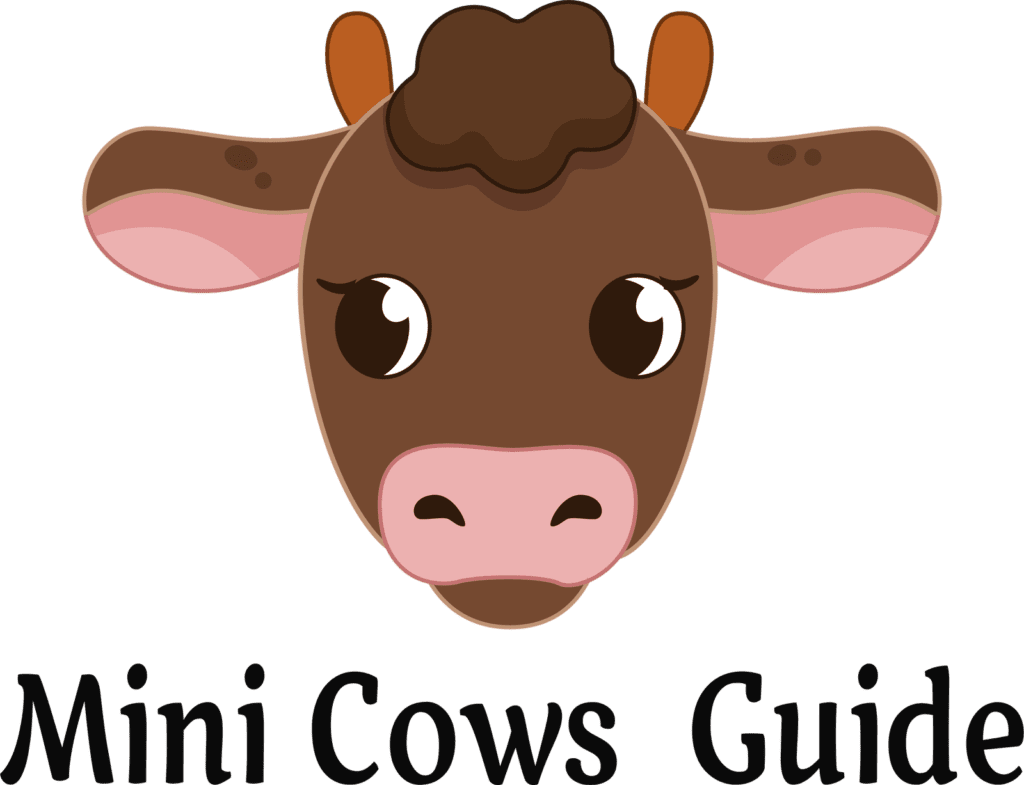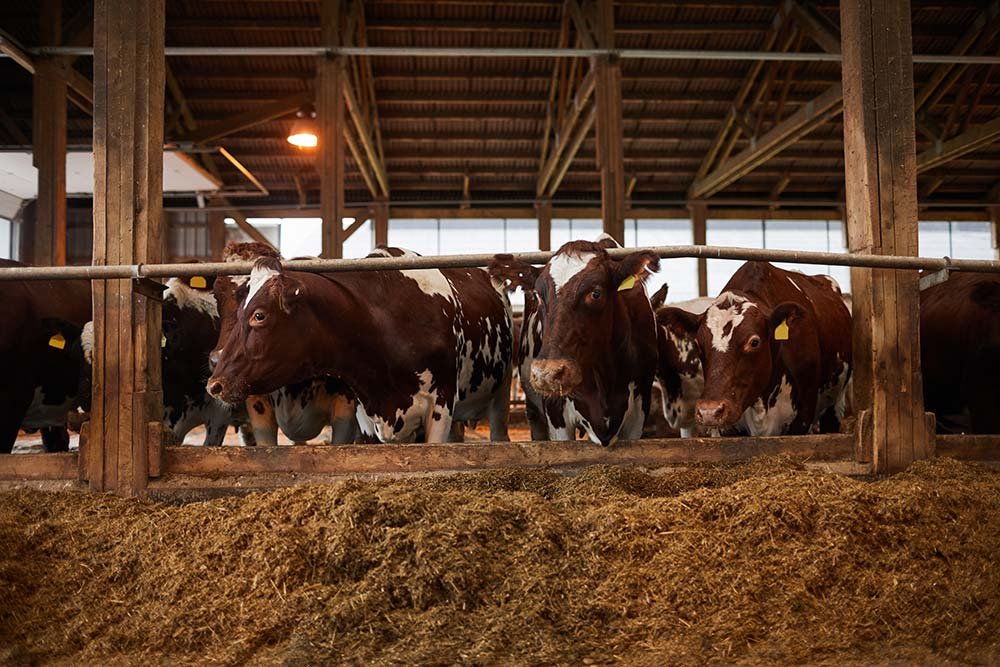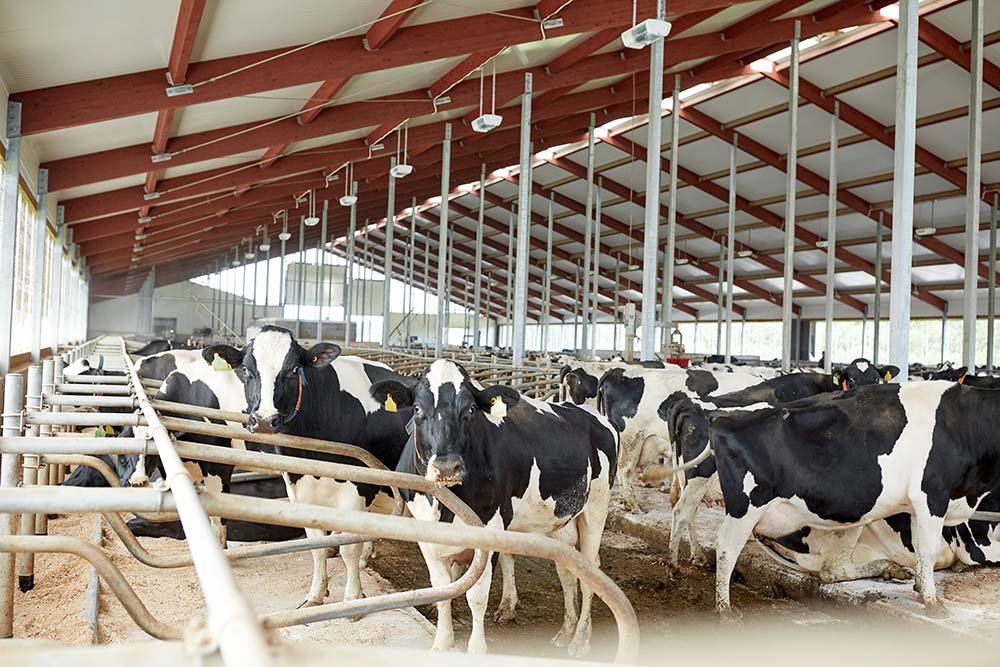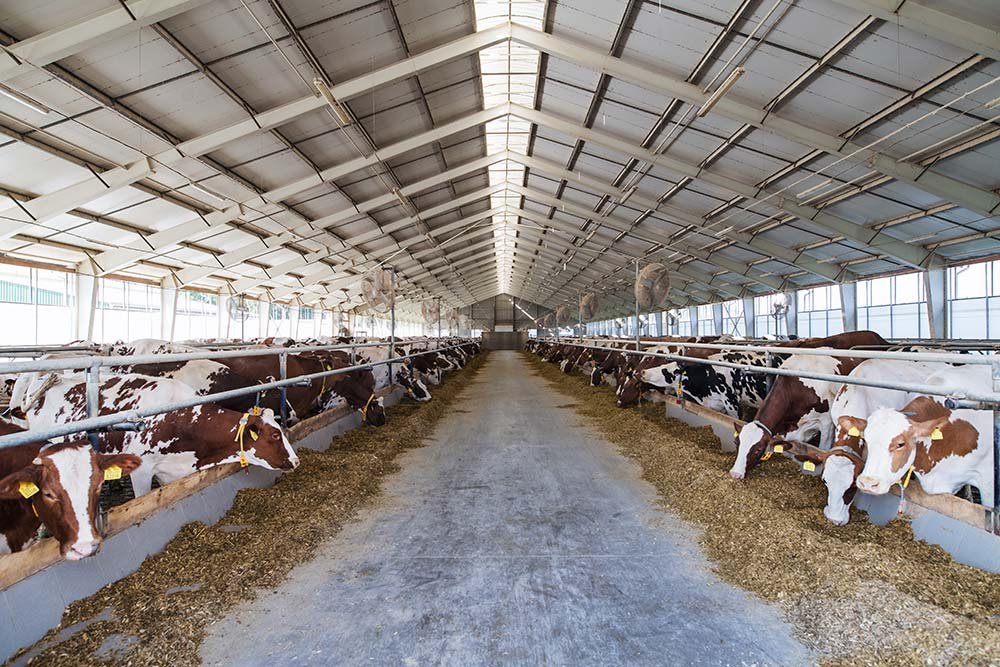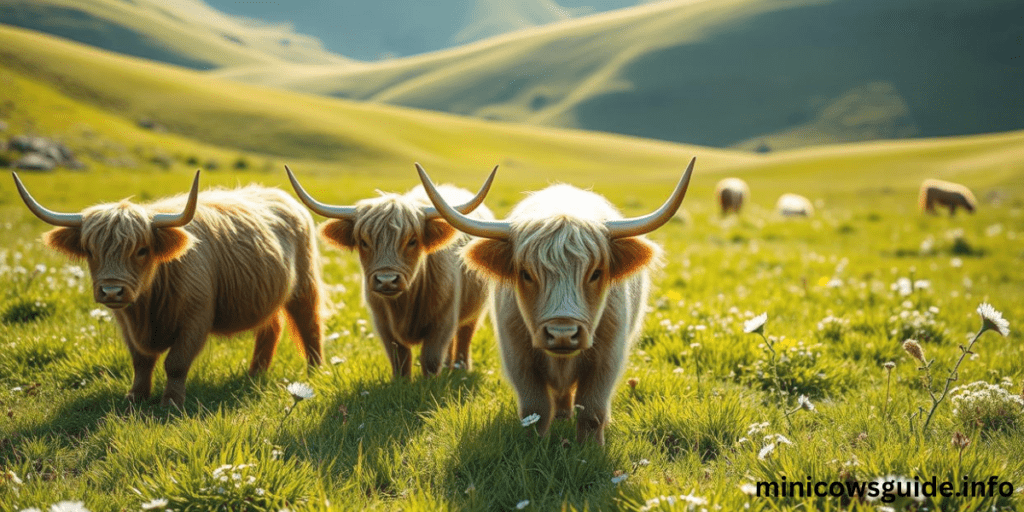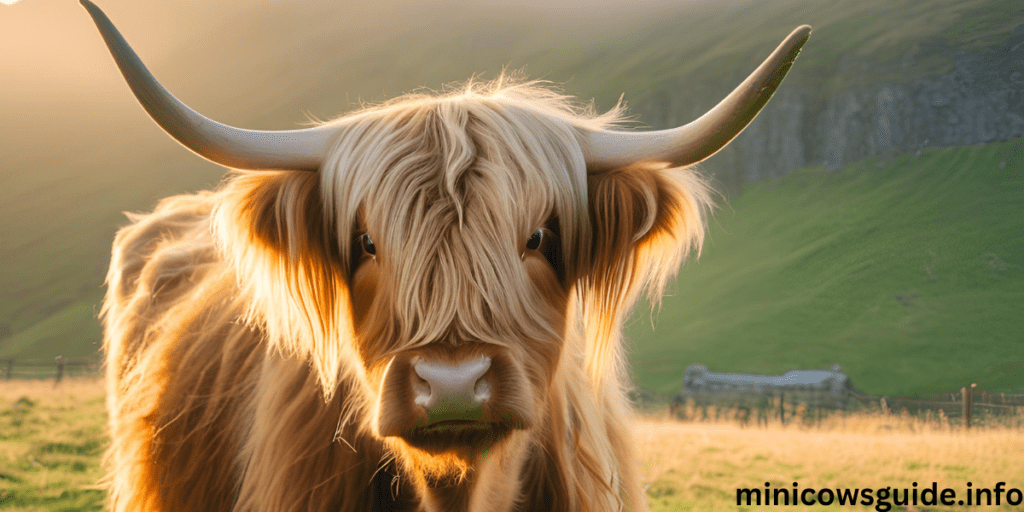Mini highland cows are truly remarkable compared to standard cows. Their hardy nature helps them withstand various climates. With their proper care, including high-quality grass and hay they eat. They are attractive and easily manageable to small farms. Their docile and calm demeanor makes them more appealing to farmers. With an average size of 1/2 to 1/3 that of standard cattle, these lovable bovines don’t require much space, which is perfect for small acreages. Miniature cows’ average lifespan is about 12-15 years and even up to 20 years depending on how the farmers care for the mini cows.
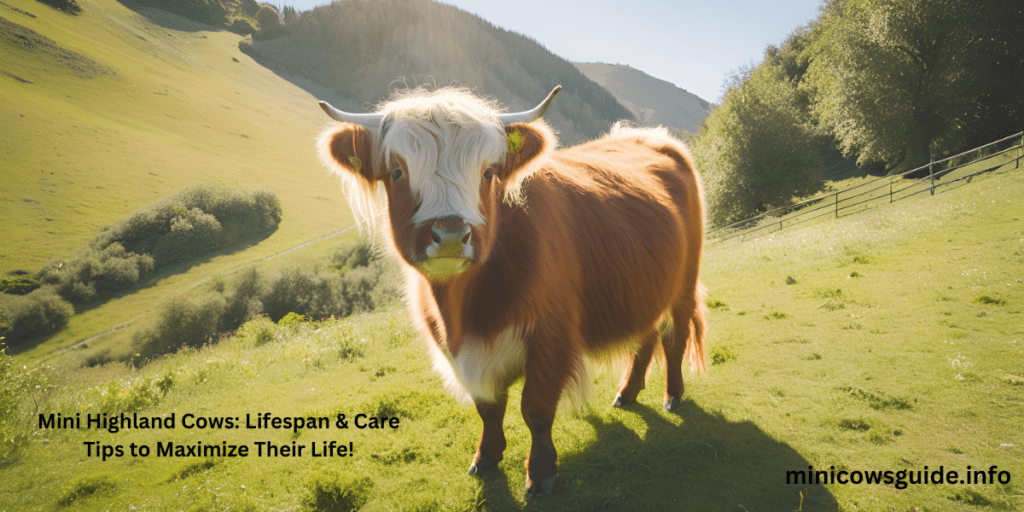
How Much Do Highland Cows Cost?
1. Breed and Altitude:
Standard Highland cows typically have a different price range compared to miniature Highland cows. Their size, along with whether they are bred for specific purposes meat, dairy, or pets can influence cost. This factor depends on their cost.
2. Age and Gender:
Younger calves are generally priced differently than mature cows, and gender also plays a role. Female cows, especially those used for breeding, can have higher costs compared to males. Age and gender both affect their cost.
3. Health and Heritage:
Cattle with documented health records, vaccinations, and strong families from respectable breeders can command a higher price due to the assurance of quality. The health and heritage of mini highland cows depend on their cost. Their health is more important, they need less food to eat than the normal standard cattle.
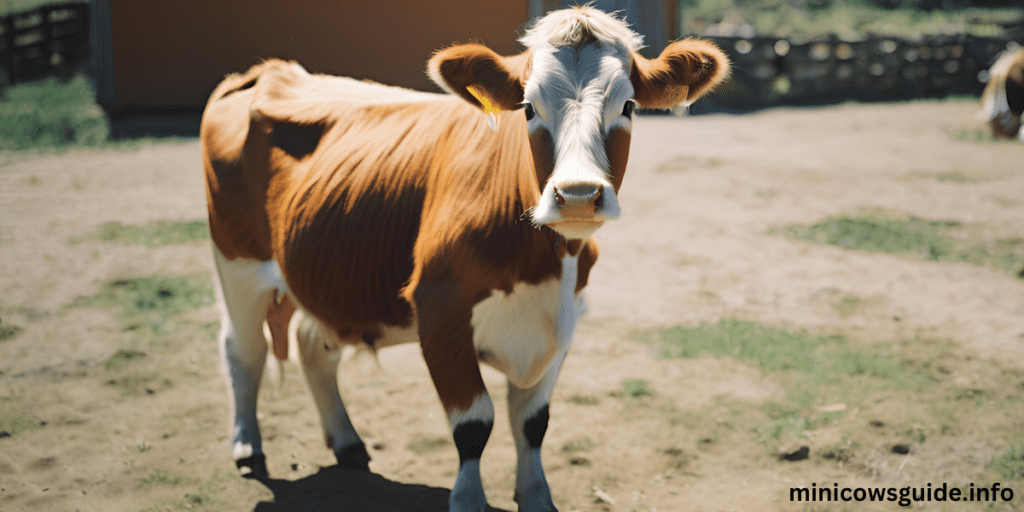
4. Location and Carrier:
Prices can also vary based on where you are located, as transport and availability of Highland cows in certain regions might add to the overall expense. Mini highland cows are high in cost and also location and carrier affect the cost.
5. Purpose of Asset:
Whether you’re buying Highland cows for small-scale livestock, breeding, or as a pet, the intended use plays a significant role in determining the price. This role also affects the cost of mini highland cows.
6. Breeder Reputation:
Cattle from respected breeders with honest practices and good care records are usually more costly. Breeder reputation plays an important role and it also affects their prices.
How Big Do Highland Cows Get?
Highland cows are known for their long hairs, they have compact size as compared to other breeds. An adult Highland cow usually stands about 3.5 to 4.5 feet tall at the shoulder, with bulls being a little larger. They can range from 1,100 to 1,800 pounds, depending on their gender and general health. Mini Highland cows, ‘ size is much smaller. They often reach about 3 to 3.5 feet in height and weigh between 500 and 700 pounds. Their compact size and hardy nature make them a popular choice for small farms or even as backyard pets. The size of both standard and mini Highland cows can be affected by factors such as diet, care, and breeding practices. It is the cutest breed and also attractive their nature is more than attractive to standard cattle, and they need less space and food to eat.
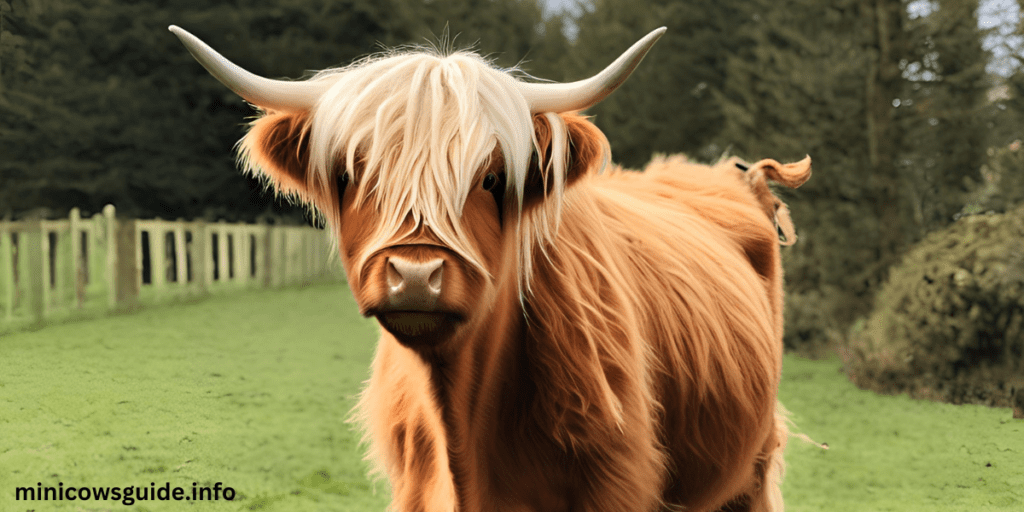
Do Highland Cows Produce Milk?
Highland cows produce milk but small highland cows produce less milk compared to normal highland cattle. They are manageable cows and their docile appearance is attractive to small farms and farmers as pets. While their milk is in less quantity they are also rich and creamy same as that of normal cattle of the highland. They are often raised for companionship and unique appearance rather than milk production. They are cute because they are in small size but also need less space and feed but need proper feed like grass, hay, and different nutrients.
Nutritional Needs:
Mini highland cows need specific nutritional needs to stay healthy and good life. They are smaller than standard cattle, they eat less than the standard cattle, and need less space. Mini highland cows need a balanced diet and need high-quality diet. They needed fresh pasture of grass and also wanted some clear water to drink. Miniature cows are present in different colors such as brown, black, and many other colors. If they eat proper nutrients and farmers take care of their cows their lifespan is increasing.
Health Care and Veterinary Considerations
Health Care and Veterinary Considerations for mini Highland cows are essential to ensure their well-being and longevity. Regular veterinary check-ups are crucial for monitoring their health, vaccinations, and overall care. Mini Highland cows should receive routine vaccinations to protect them from common diseases, and they may need treatments for parasites, such as worms, and external pests like ticks and flies.
It’s important to maintain a clean living environment for these cows, as proper hygiene can prevent infections and other health issues. Owners should also keep an eye on their cows’ diet, ensuring they receive a balanced intake of nutrients to support their health. Regular dental check-ups are necessary since dental problems can affect their ability to eat properly.
Conclusion
Mini Highland cows are wonderful animals for small farms or even backyards. They have unique features that make them easy to manage, such as their docile nature and smaller size. These cows can live up to 12-15 years, with proper care, and provide companionship as well as a rich milk source, even if in smaller quantities compared to standard Highland cows. Their nutritional needs are important for a healthy life, requiring good quality feed, fresh grass, and water. Overall, their charming appearance and friendly behavior make them a popular option among animal lovers and desiring farmers.
